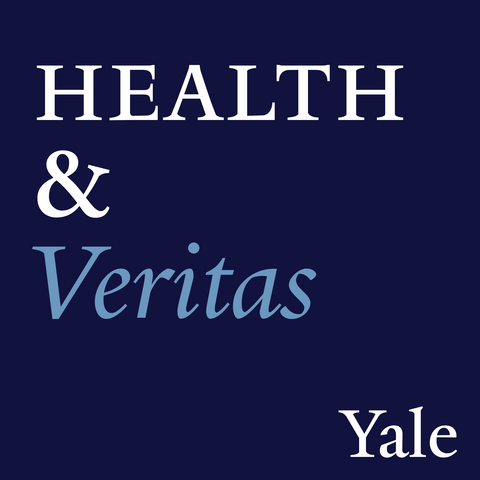Healthcare
Do the New Obesity Drugs Pay for Themselves?
Could expensive drugs like Ozempic save healthcare systems money by reducing the risk of obesity-associated diseases? A new study co-authored by Yale SOM’s Jason Abaluck suggests that other health expenses may actually increase over the first couple years of treatment.

We Don’t Know If Tylenol Can Cause Autism—and That Didn’t Change Last Monday
Dr. Howard Forman responds to the White House press conference drawing a link between the use of acetaminophen by pregnant women and cases of autism.

When Private Practices Merge with Hospital Systems, Costs Go Up
Private practices are vanishing as more doctors join large hospital systems. This increasing consolidation is reducing competition and raising prices, according to a study co-authored by Yale SOM’s Fiona Scott Morton.

Can a Clinic Comply with Trump’s Executive Orders Without Leaving Patients Behind?
For more than 50 years, New Haven’s Fair Haven Community Health Care has provided care to immigrants and other vulnerable populations. We talked with CEO Suzanne Lagarde ’14 about how the organization is grappling with federal executive orders and budget cuts that threaten its mission.

The Science and Politics of Vaccines Collide
Dr. Howard Forman reflects on heartening new evidence for the effectiveness of the HPV vaccine—and troubling signs of vaccine skepticism from the Trump administration.

Understanding the Healthcare Impact of Mass Firings in Washington
The scale of cuts to the federal healthcare workforce is now coming into focus. Dr. Howard Forman explains the potential life-and-death consequences of cuts to key programs and the departure of longtime leaders.

The Consequences of Slashing Medicaid Spending
Congressional Republicans are looking to make deep budget cuts, and Medicaid spending is a target. Yale SOM’s Dr. Howard Forman says that large-scale reductions in the program would hit the poorest states and the most vulnerable Americans especially hard.

What Investors Are Missing about Pfizer and Merck
Investors are undervaluing promising drug candidates on the horizon for the two pharma giants, write Yale SOM’s Jeffrey Sonnenfeld and co-author Steven Tian.

Small Changes, Big Results: Research-Backed Tips for Living a Good Life in 2025
We asked Yale SOM faculty for their best tips on living happily, healthily, and productively in the new year.

A Cheap Way to Change Lives
Yale SOM’s Dr. Howard Forman explains how the state of Connecticut is buying back the medical debt of thousands of low-income residents at cents on the dollar.

Is the Affordable Care Act on Life Support?
We talked to Yale SOM’s Dr. Howard Forman about what the ACA has achieved and what aspects of the law could be weakened under a Republican administration.

